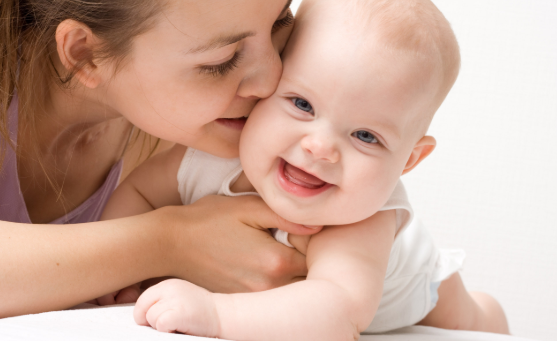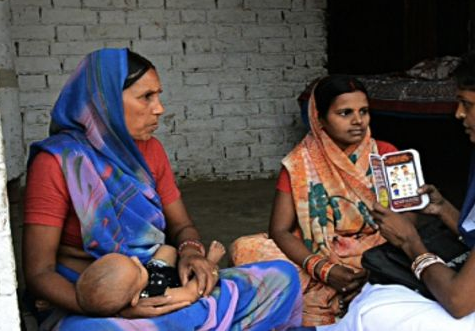Indian app for women, 'Kilkari' gets global appreciation for best innovation..!
New Delhi, March 5: Ministry of Health & Family Welfare's ‘Kilkari’ IVR service has won 'The Best mobile innovation for women in emerging markets' at the Global Mobile Awards in Barcelona. The IVR service delivers audio messages related to maternal health, child health & immunization to newborn up to 1 year & expecting mothers.

These services aimed to improve family health – including family planning, reproductive, maternal and child health, nutrition, sanitation and hygiene – by generating demand for healthy practices by empowerment and capacity building at the individual and community level, and by creating an enabling environment.

Kilkari, which means ‘a baby’s gurgle’, delivers free, weekly, time-appropriate 72 audio messages about pregnancy, child birth and child care directly to families’ mobile phones from the second trimester of pregnancy until the child is one year old. Kilakri was launched in Jharkhand, Odisha, Uttar Pradesh, Uttarakhand and High Priority Districts (HPDs) of Madhya Pradesh and Rajasthan in the first phase.
The m-health initiatives launched 15th of January 2016 has enhanced access which made our services cost effective and our systems more robust. India is on our way to realize the vision of our Prime Minister Narendra Modi by going digital, said Shri J P Nadda, Union Minister of Health and Family Welfare while inaugurating this Application. He was speaking at the launch of four mobile health (mHealth) services – Kilkari, Mobile Academy, M-Cessation and TB Missed Call initiative, here today. This launch, which is part of the Government’s Digital India programme, is in line with its commitment to prioritise public health and strengthen citizen-centric health services by leveraging India’s expanding mobile phone penetration.
Mobile Academy is a free audio training course designed to expand and refresh the knowledge base of Accredited Social Health Activists (ASHAs) and improve their communication skills. Mobile Academy offers ASHAs a training opportunity via their mobile phones which is both cost-effective and efficient. It reduces the need to travel – sometimes great distances – and provides them the flexibility they need to learn at their own pace and at times they find convenient.
The Health Minister appreciated the efforts of Gates Foundation, UNICEF, USAID and other development partners in complimenting the efforts of the Government and invited suggestions from the stakeholders to strengthen the programme further.
